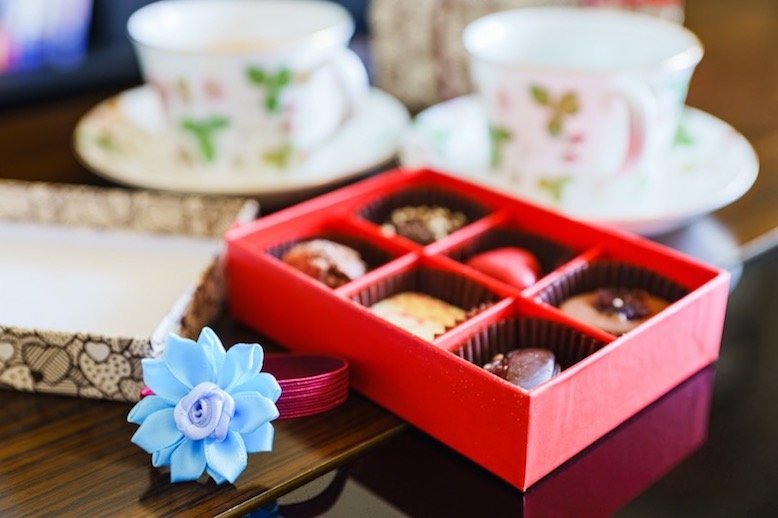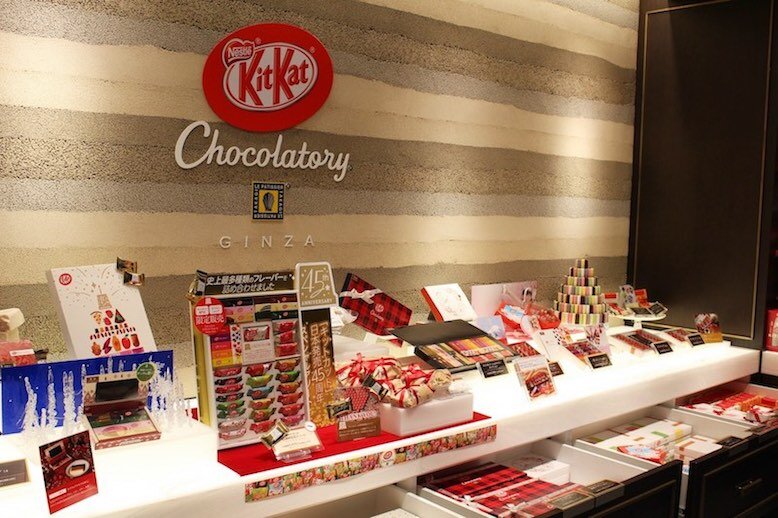The sweet scent of chocolate gently permeates the air over the weeks leading to the highly-anticipated day of love, Valentine's Day. The typical concept of this occasion was introduced to Japan as early as the 1950s, with mostly the few expatriates celebrating it. Most Japanese could not relate to this foreign practice, so the occasion was not that popular then. But curiosity ensued.

Beautifully packaged, it is a treat for both the taste-buds and the eyes!
Seeing the increased interest in the "romance festival" of their expat community, several Japanese chocolateries began making Valentine's Day-themed chocolates — this would kick-start the Japanese traditions for Valentine's Day. They launched unique heart-shaped chocolates which were a novelty back then. These delectable sweets on display everywhere were not just adorably attractive, they subtly familiarised the locals with the concept of showing love through gifts. Perhaps triggered by the popularity of the inventive heart-shaped chocolates, the Japanese began introducing more of their own inimitable, creative takes on Valentine’s Day.
Japan traditionally celebrates Valentine’s Day like the rest of the world on the 14th of February, with chocolates being the most popular gift of choice. But there’s a twist. Instead of having the men do the gifting, the women now take charge! This sets Valentine’s Day in Japan apart from the rest of the world as a completely novel experience.

On Valentine's Day in Japan, women make the first move and it’s so easy to do so now, with chocolateries everywhere
Depending on the heart, the gifts of chocolate can be either "giri-choco" or "honmei- choco", a distinguishing concept that’s entirely novel and characteristic of Japanese traditions for Valentine's Day. What exactly are these? Read on to find out!




